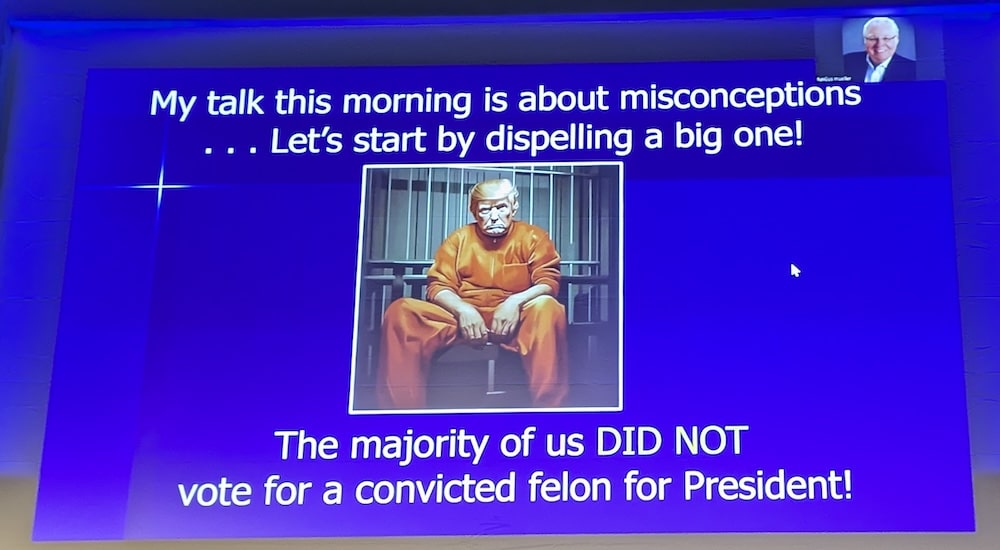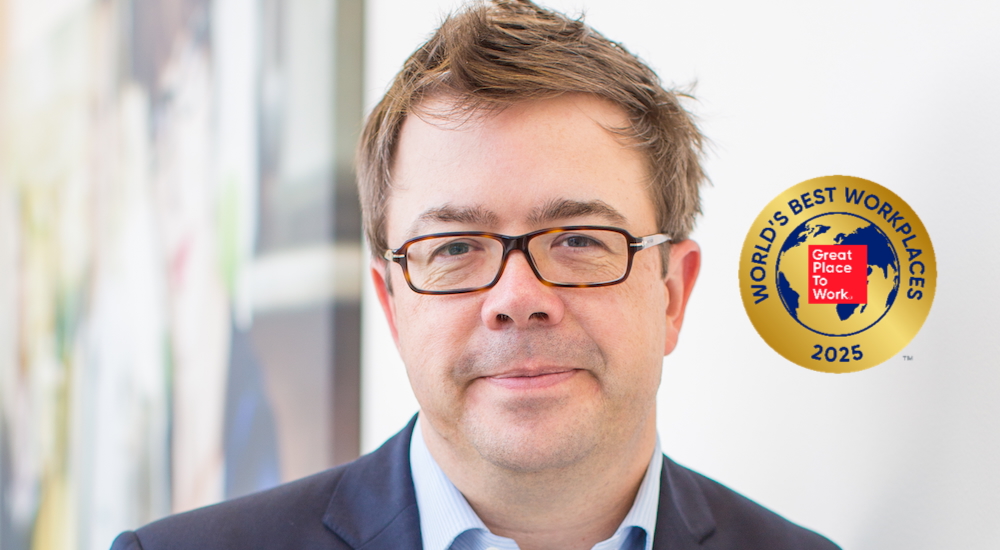Developing training modules using simulated learning environments
Training
Researchers from the Department of Audiology and Speech-Language Pathology, Kulliyyah of Allied Health Sciences, International Islamic University of Malaysia, in Kuantan, Pahang recently carried out a review of the literature on simulated learning environments (SLE), and how they are applied in audiology training.
Simulated learning environments are part of experiential learning, and are defined operationally as training modules that attempt to mimic reality. In practice, they thus aim to provide a substitute for an entire or part of a real clinical working environment. The team performed a full literature review covering for example what SLE involves, what types of SLE there are, including high-fidelity SLE, and the types of SLEs available in audiology.
The article explains that because of the fundamental importance of training in providing quality audiology services, training programs have looked to new methods of improving competencies before professionals enter the actual clinical arena. One of these methods is a simulated learning environment.
The review found that common SLE types include integrated mannequin simulators, computer-based simulations, virtual reality, integrated virtual reality with a haptic system, part-task trainers, multimedia, and standardized or simulated patients. High-fidelity simulated learning environments (HF-SLEs) are those that involve simulated training that is very closely to reality.
In audiology, areas of application of SLE include basic audiometry, otoscopic examinations, case history and clinical feedback, or for advanced clinical training, non-routine testing such as auditory brainstem response, and communication skills through audiological counselling. The article also looks at the topics of assessment, feedback, validity and reliability.
Source: Dzulkarnain AA, et al. Towards developing high-fidelity simulated learning environment training modules in audiology. Medical Journal of Malaysia. 2017 Feb;72(1):37-45.
 Sign in
Sign in

